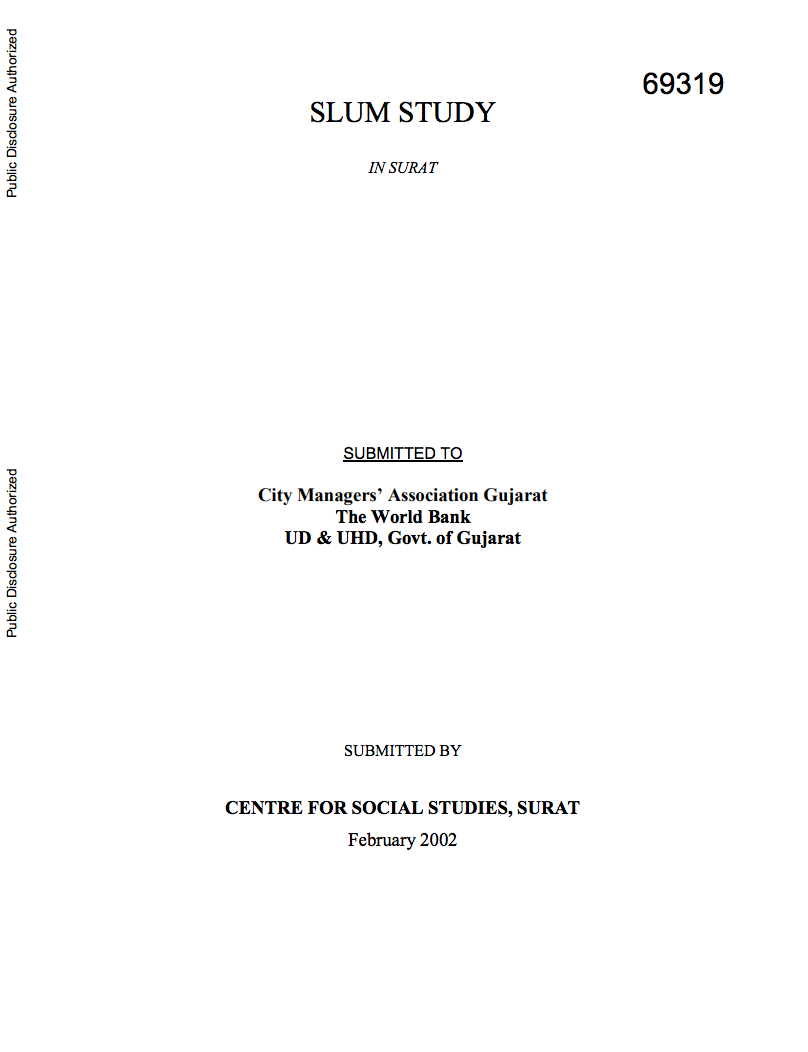The World Bank is a vital source of financial and technical assistance to developing countries around the world. We are not a bank in the ordinary sense but a unique partnership to reduce poverty and support development. The World Bank Group has two ambitious goals: End extreme poverty within a generation and boost shared prosperity.
- To end extreme poverty, the Bank's goal is to decrease the percentage of people living on less than $1.25 a day to no more than 3% by 2030.
- To promote shared prosperity, the goal is to promote income growth of the bottom 40% of the population in each country.
The World Bank Group comprises five institutions managed by their member countries.
The World Bank Group and Land: Working to protect the rights of existing land users and to help secure benefits for smallholder farmers
The World Bank (IBRD and IDA) interacts primarily with governments to increase agricultural productivity, strengthen land tenure policies and improve land governance. More than 90% of the World Bank’s agriculture portfolio focuses on the productivity and access to markets by small holder farmers. Ten percent of our projects focus on the governance of land tenure.
Similarly, investments by the International Finance Corporation (IFC), the World Bank Group’s private sector arm, including those in larger scale enterprises, overwhelmingly support smallholder farmers through improved access to finance, inputs and markets, and as direct suppliers. IFC invests in environmentally and socially sustainable private enterprises in all parts of the value chain (inputs such as irrigation and fertilizers, primary production, processing, transport and storage, traders, and risk management facilities including weather/crop insurance, warehouse financing, etc
For more information, visit the World Bank Group and land and food security (https://www.worldbank.org/en/topic/agriculture/brief/land-and-food-security1
Resources
Displaying 2371 - 2375 of 4907Nicaragua : Promoting Competitiveness and Stimulating Broad-based Growth in Agriculture
The report argues that Nicaragua's
best hope for sustained growth, and poverty reduction,
probably lies with agricultural exports, which have the
potential to gain from opportunities in world markets.
Despite the small share of farmland devoted to the
production of exports (25 percent of harvested area), the
total trade of agricultural goods (including the value of
both imports, and exports) accounted for almost eighty five
Water Resources Sector Strategy : Strategic Directions for World Bank Engagement
In 1993 the Board of the World Bank
endorsed a Water Resources Management Policy Paper (WRMPP).
In that paper, and in this Strategy, water resources
management comprises the institutional framework (legal,
regulatory and organizational roles), management instruments
(regulatory and financial), and the development, maintenance
and operation of infrastructure (including water storage
structures and conveyance, wastewater treatment, and
Slum Study in Surat
This report discusses the study of slums
in the city of Surat and it is divided into eight sections.
Section one introduces the study and discusses general
background, overall methodology, methods and techniques of
data collection, and methods of analysis; section two
profiles the city of Surat and slums therein; section three
discusses definition and recognition of slums and situation
of tenure of land along with the physical and social
The Impact of Economic Policies on Poverty and Income Distribution : Evaluation Techniques and Tools
Development is about fundamental change
in economic structures, about the movement of resources out
of agriculture to services and industry, about migration to
cities and international movement of labor, and about
transformation in trade and technology. Social inclusion and
change-change in health and life expectancy, in education
and literacy, in population size and structure, and in
gender relations-are at the heart of the story. The policy
Timor-Leste Poverty Assessment : Poverty in a New Nation - Analysis for Action, Volume 2. Technical Report
Timor-Leste has achieved enormous
progress in rehabilitating its economy, reconstructing its
infrastructure, reintegrating its refugees and building the
key elements of a sustainable political process in an
environment of internal peace. It now faces many challenges
of nation-building and of overcoming the deprivation
affecting the lives of the poor. This report written in two
volumes lays out the challenge of poverty reduction in







